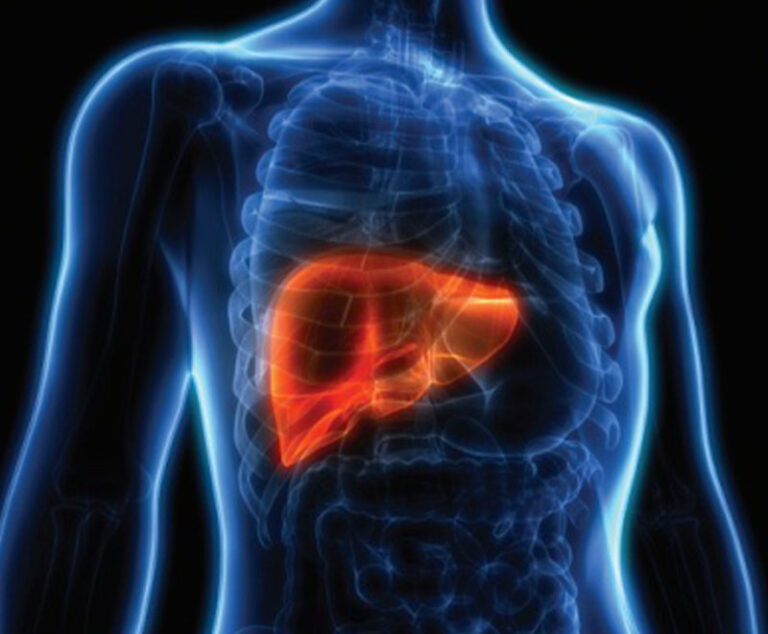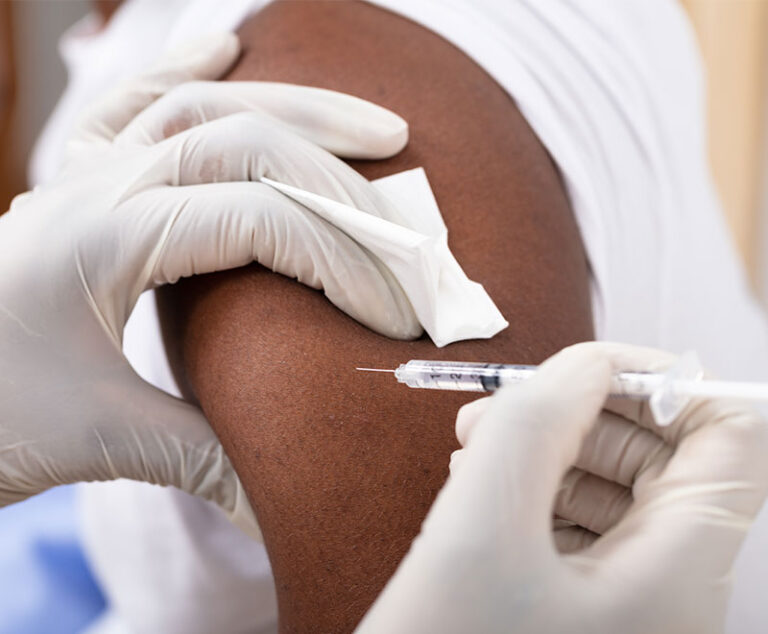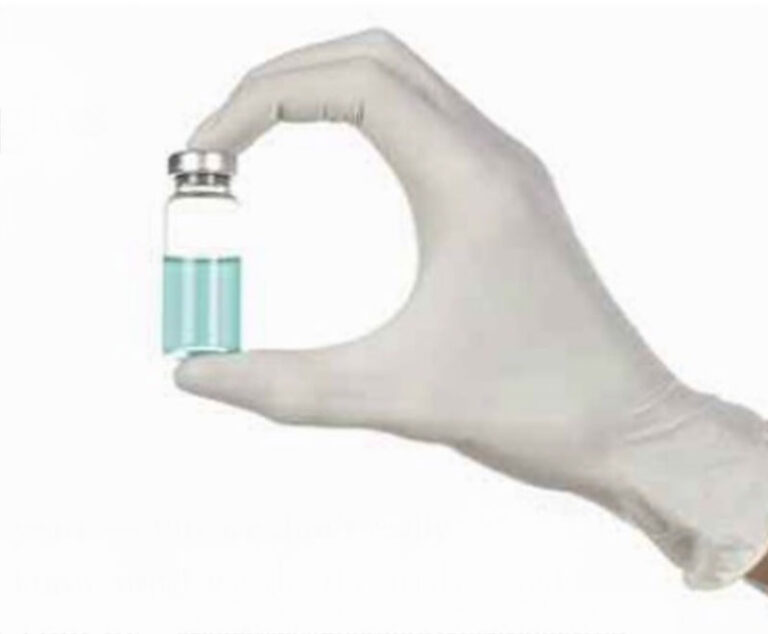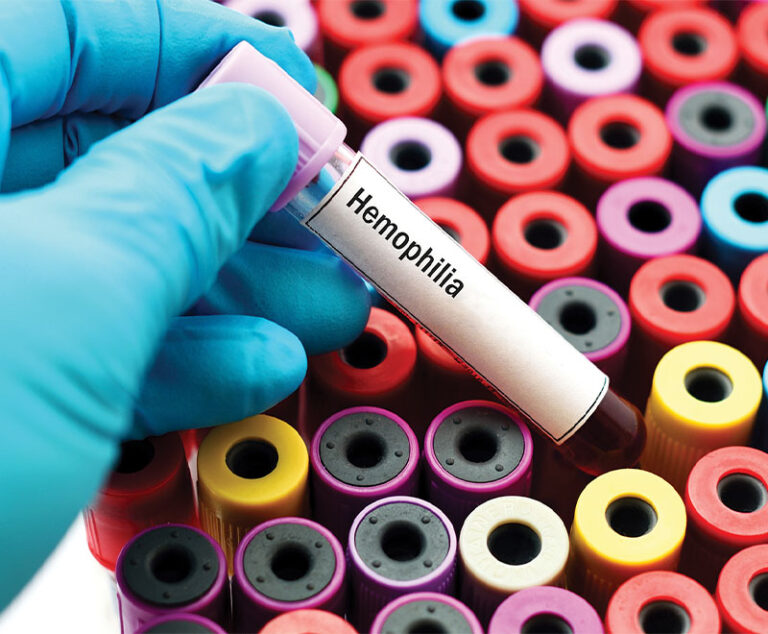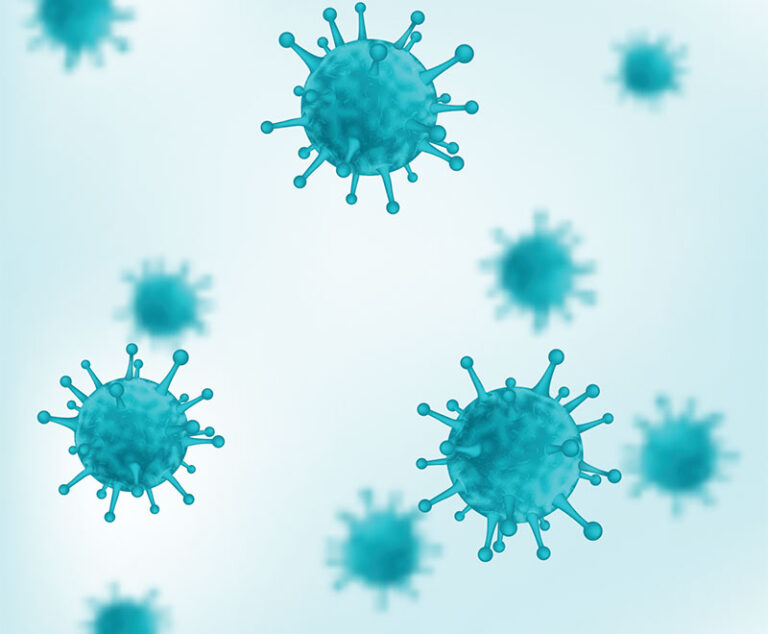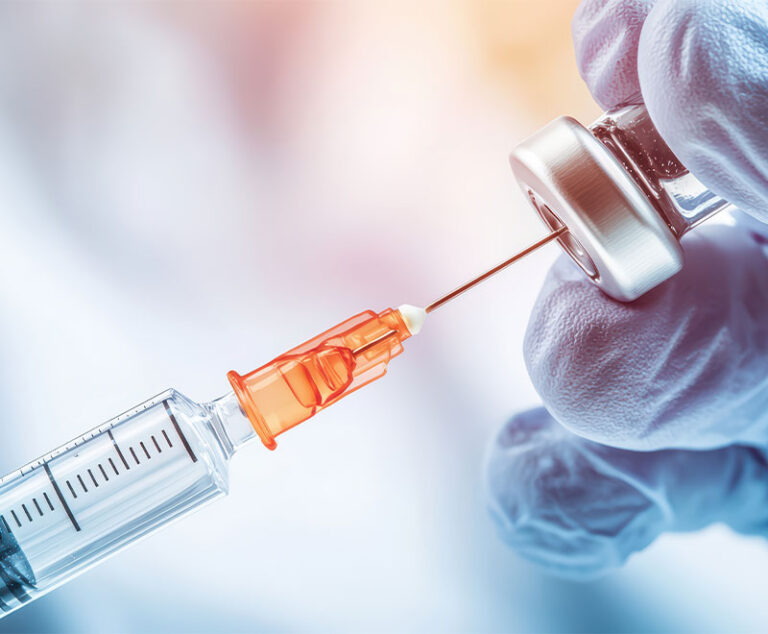Industry News
Research, Science & Manufacturer Updates
Clinical Trials Articles
The National Institutes of Health (NIH) is conducting an early-stage clinical trial to evaluate the safety and efficacy of two licensed seasonal influenza vaccines administered with or without novel adjuvants.
A trial was conducted to assess the safety and efficacy of hIVIG (in conjunction with standard care) in adults hospitalized with laboratory-confirmed influenza A or B infection.
The U.S. Food and Drug Administration (FDA) has awarded 12 new clinical trial research grants to principal investigators from academia and industry totaling more than $18 million over the next four years to enhance the development of medical products for patients with rare diseases.
Results from a clinical trial have led investigators to conclude adding longterm administration of human albumin to conventional treatment inpatients with decompensated cirrhosis appears to prolong survival.
A pilot study conducted by U.S. investigators observed improvements in cognitive and behavioral function in 14 children with autism spectrum disorder and evidence of immune dysfunction who were administered high-dose intravenous immune globulin (IVIG) treatment over a period of 30 weeks.
This first-ever prospective economic analysis by Canadian investigators found that home-based subcutaneous immune globulin (SCIG) therapy was associated with significantly lower average total nondrug costs than hospital-based intravenous immune globulin (IVIG) therapy for patients with primary immunodeficiency disorders.
Plasma exchange with 5% albumin replacement was associated with marked stabilization of brain perfusion in patients with mild to moderate Alzheimer’s disease during a 21-week treatment period and reduced perfusion loss compared to control subjects at six-month follow up, according to findings from a sham-controlled Phase II clinical trial.
Researchers at the University of Oxford have begun a two-year clinical trial to test a universal influenza (flu) vaccine in more than 2,000 patients.
A Phase III study involving 109 male participants with hemophilia A and inhibitors showed that once-weekly subcutaneous prophylactic administration of an investigational bispecific humanized monoclonal antibody (emicizumab; ACE910) was associated with a significantly lower rate of bleeding events than no prophylaxis.
Scientists at the National Institutes of Health, Frederick National Laboratory for Cancer Research and the University of Melbourne in Australia tested a new universal flu vaccine that produced good immunity against several different strains of influenza viruses.
In an effort to understand how current influenza vaccines are influenced by preexisting immunity in people of different ages, researchers vaccinated volunteers ages 18 years to 85 years with split, inactivated Fluzone influenza vaccine in four consecutive seasons from 2013 to 2016, and assessed the impact of repeated vaccination on breadth and durability of antibodies as a result of vaccine strain changes.
Canadian investigators at the University of Alberta evaluated the use of self-administered subcutaneous immune globulin in a prospective, open-label, Phase III crossover trial in adult patients with myasthenia gravis experiencing mild to moderate worsening of symptoms.



